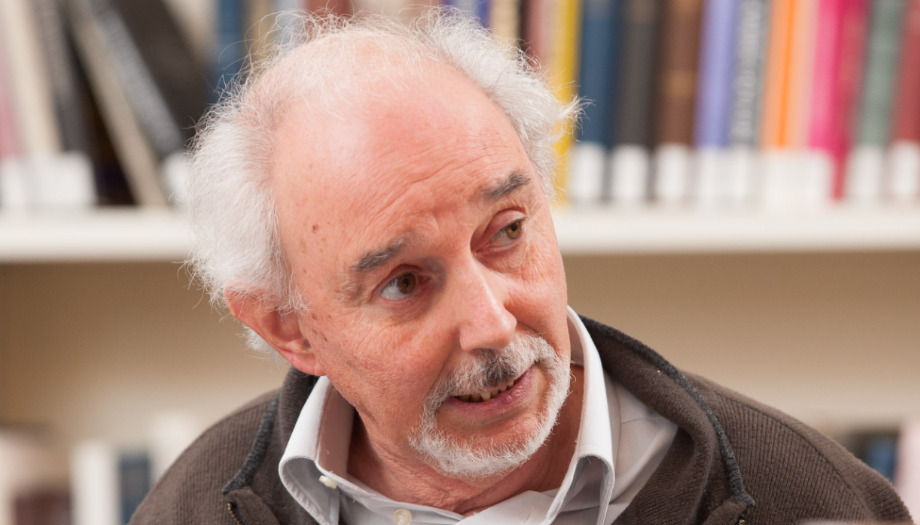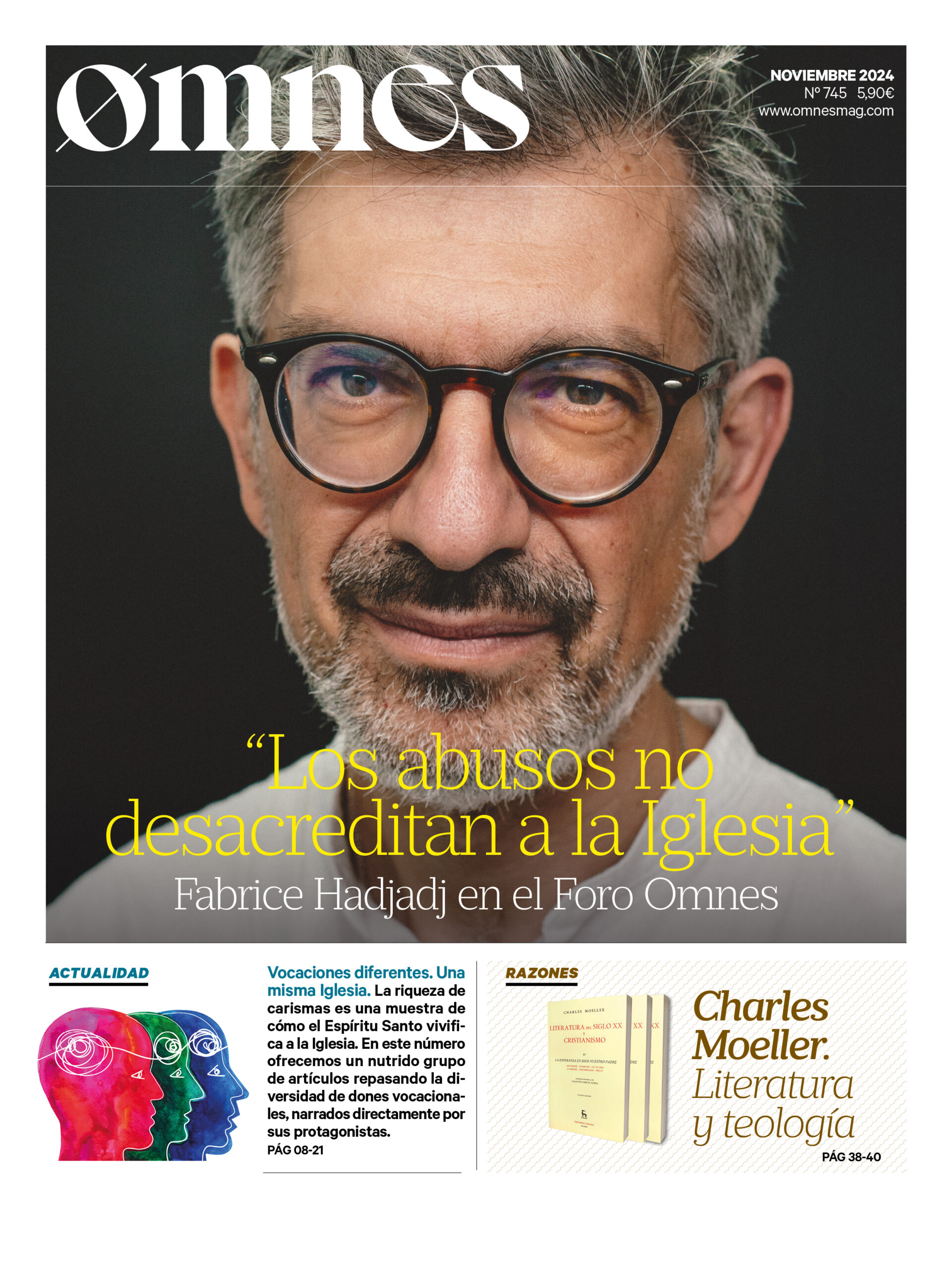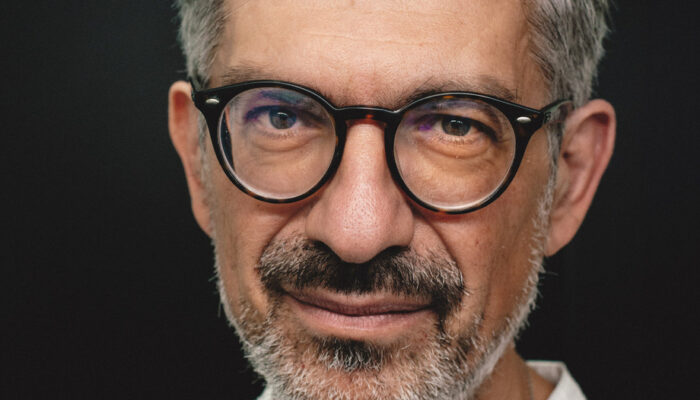The challenges facing contemporary societies in the area of freedom of religion and belief are increasingly numerous. For example, there are conflicts between the exercise of freedom of conscience and public interests embodied in law; there are apparent tensions between religious freedom and other human rights; the relationship between state competencies in education and freedom of education is not always peaceful; the rights of minorities in social environments that may be hostile are sometimes not effectively protected; and so on and so forth.
These are matters in which there is a growing tendency towards polarization and social division, a phenomenon that particularly affects the religious and ethical choices of citizens, sometimes leading to intolerance towards those who disagree, even to stigmatization and aggression.
In this context, a few weeks ago, the VI Congress of the ICLARS ("International Consortium for Law and Religious Studies"), an organization based in Milan. Under the general title of "Human Dignity, Law and Religious Diversity: Designing the Future of Intercultural Societies," nearly 500 participants from around the world - professors, academics, intellectuals, senators and former politicians, journalists, professors from various fields - explored answers to these questions.
The organization of the Cordoba congress was entrusted to LIRCE ("Institute for the Analysis of Religious, Cultural and Ethical Freedom and Identity"), acting in collaboration with and under the sponsorship of the project "Consciousness, Spirituality and Religious Freedom" of the Royal Academy of Jurisprudence and Legislation of Spain; the University of Cordoba; the International University of Andalusia (UNIA); the REDESOC research group of the Complutense University; and other local and regional, public and private institutions. The president of the organizing committee of the congress was Professor Javier Martínez-Torrón, Professor of the Faculty of Law of the Complutense University, and President of the Steering Committee of ICLARS and LIRCE.
Silvio Ferrari, founder and former president of ICLARS, professor of law at the University of Università degli Studi di MilanoIn one of the plenary sessions, he intervened with an epilogue on the future prospects of religious freedom in our societies, together with other experts. We spoke with him upon his return to Milan.
You participated in September in the 6th ICLARS Congress, held in Cordoba, could you comment briefly on the objective of the congress?
- Cultural and religious diversity has arrived in Europe, but we still do not know how to manage it. In other parts of the world, believers of different religions have lived together for centuries. It is not always a peaceful coexistence, but there is something we Europeans can learn from the dialogue with Africa and Asia: the value of diversity which, properly understood, is an enrichment for all. And there is also something we can teach: the need for a platform of shared principles and norms on which religious diversity can develop without creating conflict.
In the final section, you had a relevant intervention on the future prospects of religious freedom in these intercultural societies. Can you say something about this?
- In my speech I tried to identify what Europeans can bring to an intercultural dialogue: first of all, the primacy of individual conscience, and then the existence of a core of civil and political rights that must be guaranteed to all without distinction of religion. No one should be put in the alternative of changing religion or being killed or exiled, as happened not so many years ago in the countries under the Islamic caliphate, and everyone, regardless of the religion they profess, should be granted the right to marry and form a family, educate their children, participate in the political life of their country, etc.
In Europe we have taken centuries to learn these things, and now these principles are part of the European identity and constitute the contribution that Europe can make to intercultural dialogue: without seeking to impose them on all the peoples of the world, but also in the knowledge that they represent universal values.
Is religious freedom under threat, not only in the realm of laws, but in attitudes of intolerance towards dissenters, in the ethical and religious realm, with all that this entails?
- In the last fifty years, religious radicalism has grown, hand in hand with the new political significance of religions. On the one hand, some religions (fortunately not all) have become more intolerant, not only towards the followers of other religions, but also within themselves.
On the other hand, states have increased their control over religions, fearing that conflicts between them could undermine a country's political stability and social peace. Together, these two elements have reduced the space for religious freedom. However, one should not exaggerate: a hundred years ago, in both Spain and Italy, there was much less religious freedom than today.
It seems that antagonistic formulations of human rights are emerging. Have you seen the possibility of creating spaces of common understanding?
- Notions such as human dignity and human rights must be handled with care. First of all, it must be accepted that they are historical constructions: centuries ago slavery was generally accepted, today (fortunately) it is no longer so. The dialectic and even the antagonism of human rights are part of this process of historical construction. If one accepts this starting point, one realizes that human rights must also be contextualized to some extent.
The level of respect for human rights achieved in one part of the world cannot simply be imposed on other parts of the world where the historical process of building human rights has had different rhythms and modalities. It is wiser to mature this respect from within each cultural and religious tradition, encouraging the development of all the potential it contains.
You speak of contributing to the creation of a culture of respect for diversity. Can you expand on this reflection? Which government agencies and civil society organizations would you mainly address?
- The culture of respect for diversity must start with religions. It is built through dialogue between religions and the construction of spaces where their followers can live together without fear of their diversity. On this point, all religions lag behind because they struggle to understand that the affirmation of truth - that which each religion has the right to affirm - does not imply the suppression of freedom - the freedom to affirm different truths.
States must guarantee this space of freedom in which different truths can be proposed to all and life experiences based on these different truths can be constructed. When this happens, civil society (of which religious communities are part) becomes the place where everyone can express his or her identity while respecting that of others.








